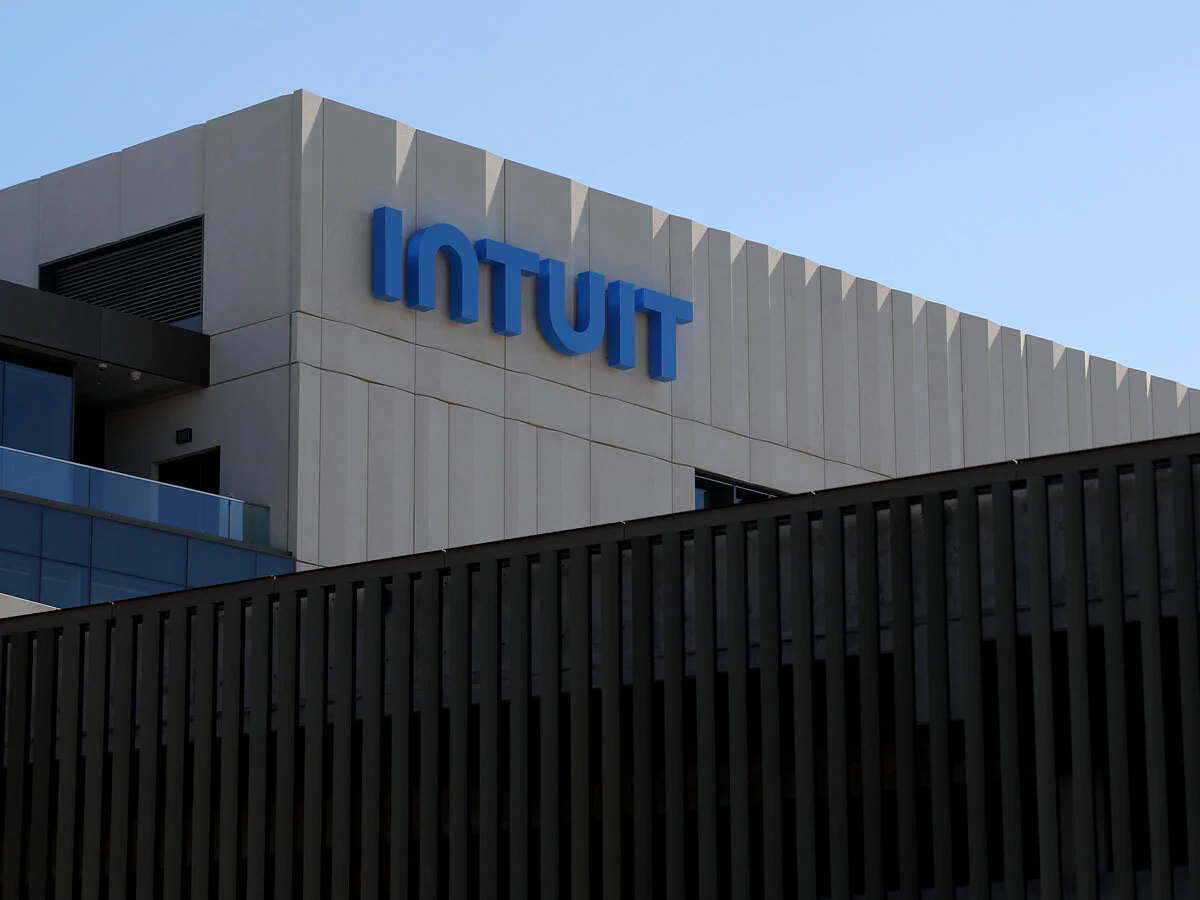
Is Intuit (INTU) a strong investment for 2025-2026? We analyze risks, growth drivers & long-term potential. Read our expert breakdown!
Investment Analysis: Intuit (INTU) – Q2 2025 Earnings Call
Overview:
Intuit reported strong Q2 2025 results, with revenue growing 17% year-over-year, driven by robust performance across TurboTax, QuickBooks, and Credit Karma. The company continues to capitalize on AI-driven automation and mid-market expansion, reinforcing its competitive edge. Operational efficiencies and AI investments have led to improved margins, while strategic acquisitions and integrations further strengthen Intuit's long-term growth prospects. However, regulatory uncertainties and competitive pressures remain key risks to monitor.
Verdict:
- Short-Term (2025-2026): ⚠️ Hold / Speculative Buy (if volatility is acceptable)
- Long-Term (2027+): ✅ Strong Buy
1. Short-Term Investment Outlook (2025-2026)
Challenges & Risks
🔴 Regulatory & Geopolitical Uncertainty
- Ongoing discussions with the U.S. government regarding IRS tax filing reforms could impact TurboTax's business model.
- Potential regulatory scrutiny around AI-driven financial services and tax assistance could pose challenges.
🔴 Financial Risks (Capex, Profitability, Debt)
- Capital allocation towards AI-driven platforms and mid-market expansion could increase expenses.
- While revenue grew 17%, the company relies on maintaining AI innovation to justify high R&D spending.
- $6.3 billion in debt, though manageable with strong cash flow, requires careful monitoring.
🔴 Market Competition & Industry Trends
- AI-driven tax filing and financial services are increasingly competitive, with companies like H&R Block and fintech startups pushing for market share.
- Credit Karma's business depends on partnerships, making it susceptible to macroeconomic fluctuations in lending markets.
Positives
🟢 Growth Drivers (New Products, Expanding Markets, Strategic Moves)
- AI-driven tax preparation (Intuit Assist) is increasing efficiency and customer satisfaction.
- TurboTax Live Full Service has strong traction, evidenced by a high product recommendation score (84+).
- QuickBooks and mid-market (Intuit Enterprise Suite) show strong momentum, with 40% YoY growth in mid-market services.
🟢 Strong Financial Position (Cash Reserves, Buybacks, Dividends)
- $2.5 billion in cash and investments.
- 16% dividend increase to $1.04 per share, showing commitment to shareholder returns.
- $721 million in stock repurchases in Q2.
🟢 Operational Improvements (Efficiency, Cost Cutting, AI Integration, etc.)
- AI-driven efficiencies saved $90 million in customer service costs.
- 40% improvement in developer productivity using AI coding assistants.
⚠️ Summary of Short-Term Outlook:
Intuit is positioned well for continued revenue growth, but regulatory risks and competition in AI-powered financial services create uncertainty. The mid-market push is promising, though execution risk remains. Investors may hold or take a speculative position if they are comfortable with near-term volatility.
2. Long-Term Investment Outlook (2027 and Beyond)
Growth Drivers
🟢 Major Industry Tailwinds (AI, Cloud, Market Expansion, etc.)
- AI-driven automation in financial services is a significant long-term trend.
- QuickBooks and mid-market expansion open up a $180 billion TAM.
- Credit Karma and TurboTax integrations will drive continued revenue synergies.
🟢 Core Business Strengths & Market Position
- Industry leader in SMB financial solutions with dominant QuickBooks market share.
- AI-powered expert solutions enhance customer stickiness.
- Intuit Enterprise Suite could become a key growth driver over the next 5-10 years.
🟢 International Expansion & Diversification
- Intuit’s international segment (excluding Mailchimp) grew 19%, showing strong global demand.
- Mailchimp, though facing slower growth, has potential as part of the broader platform strategy.
Long-Term Risks
🔴 Competitive Landscape & Disruptors
- Competition in SMB accounting (Xero, FreshBooks) and tax filing services remains strong.
- AI-driven disruptors could challenge Intuit’s pricing model in tax and business software.
🔴 Macroeconomic & Policy Risks
- Any slowdown in small business formation or credit markets could impact growth.
- Regulatory changes around financial AI and tax services could shift profitability assumptions.
✅ Summary of Long-Term Outlook:
Intuit has a strong moat with its AI-powered business model, dominance in SMB financial services, and promising mid-market expansion. Given its stable revenue model, shareholder returns, and long-term AI integration strategy, it remains a strong buy for long-term investors.
Final Investment Recommendation
📌 Short-Term (2025-2026): ⚠️ Hold / Speculative Buy (for risk-tolerant investors).
📌 Long-Term (2027+): ✅ Strong Buy (3-5+ year horizon).
Disclaimer:
This article is for educational purposes only and does not constitute investment advice. The authors and EstimatedStocks.com are not responsible for any financial losses incurred based on the information presented in this analysis.
Disclaimer:
The information provided in this article is for educational purposes only and should not be construed as investment advice. estima...
Author
Shaik K is an expert in financial markets, a seasoned trader, and investor with over two decades of experience. As the CEO of a leading fintech company, he has a proven track record in financial products research and developing technology-driven solutions. His extensive knowledge of market dynamics and innovative strategies positions him at the forefront of the fintech industry, driving growth and innovation in financial services.


